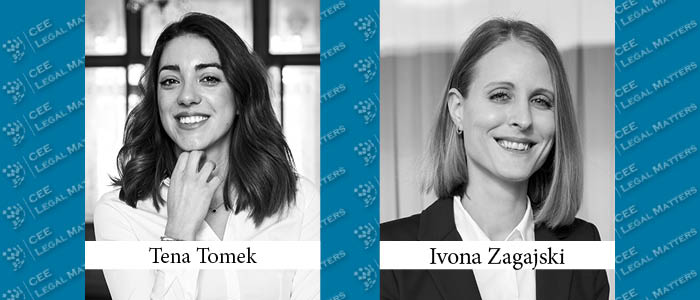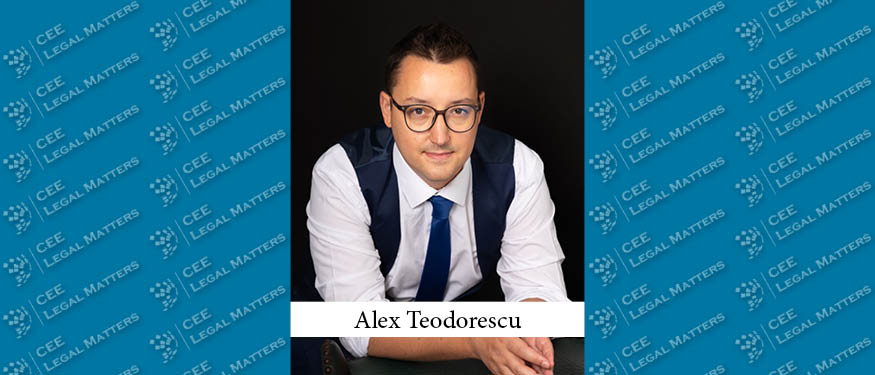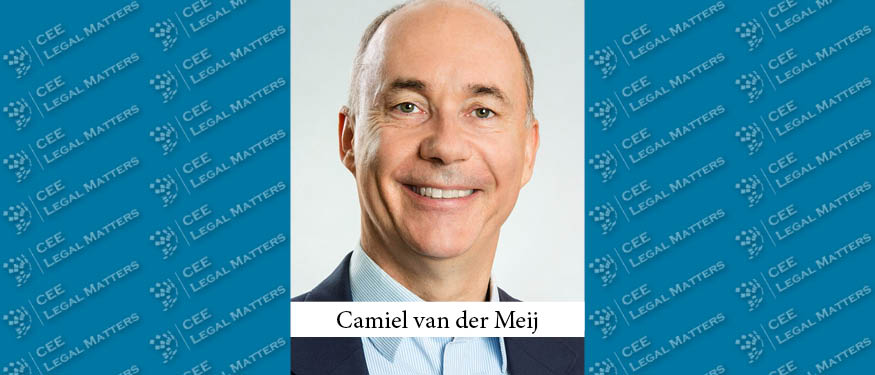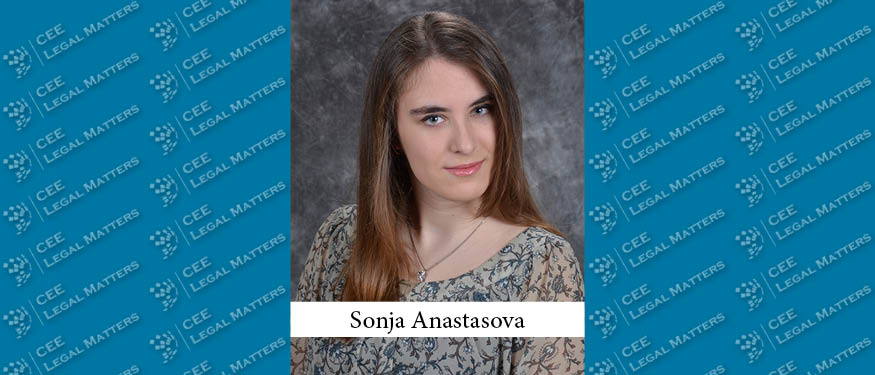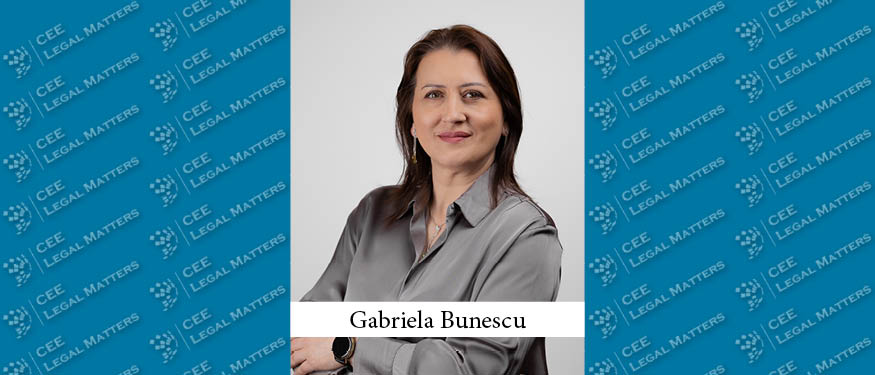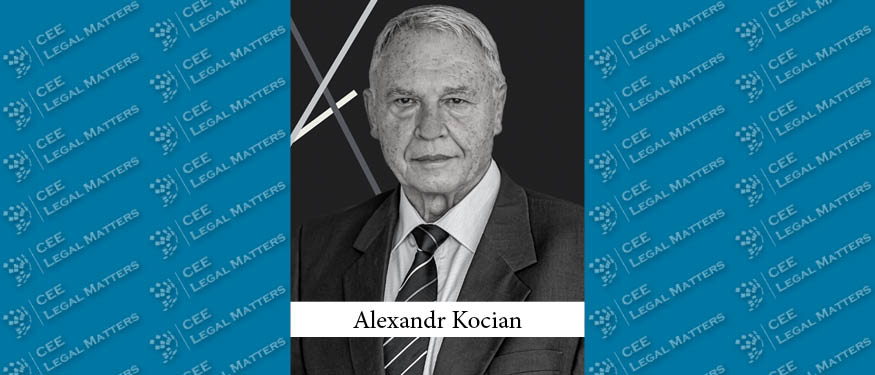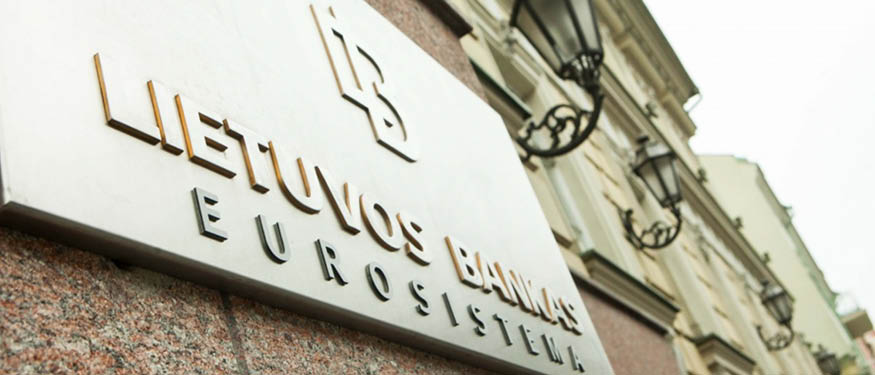Renewable energy is a key priority within the EU due to its goal of achieving climate neutrality by 2050. This has intensified following the energy crisis experienced in 2021 and 2022. Against the backdrop of the post-crisis environment, and driven by the REPowerEU initiative, Croatia is adopting crucial legislation – the Rules on the organization of the wholesale electricity markets (Rules).
The EU has long been advocating for the more active participation of consumers, and the electricity market design reform put forward in March 2023 took a step further and recognized the importance of power purchase agreements (PPAs) for the further development of the renewables sector. In line with this, the Croatian Energy Market Operator (HROTE) is proposing a regulation that will allow final customers to actively participate in the electricity market.
The Rules in their current form should enable final customers that regulated their status with the HROTE as active customers to purchase electricity to meet their needs in the electricity market. The Electricity Market Act focuses on the active customer selling on the market the excess electricity generated within its premises and does not mention the purchase of electricity. However, the Rules make it clear that active customers can also purchase their electricity on the market and allow them to engage in physical PPAs directly with the producers. This represents a shift from the traditional system, where final customers were restricted to purchasing electricity solely from regulated suppliers.
Active customers must take several other steps before a concluded PPA can be implemented. First, a final customer must conclude an agreement with the HROTE to formalize their status as an active customer and pay a market organization fee. Additionally, an active customer must conclude a balancing agreement due to its status as a market participant and an agreement with the system operator for the delivery of electricity. Moreover, given the variable nature of renewable energy, active customers may still need to secure agreements with suppliers or other producers to cover any deficits not met by their primary PPA.
Therefore, the concept of an active customer may not be suitable for all final customers, especially households or small enterprises. The Rules have introduced additional market participants that may be better suited for final customers with smaller consumption capacities – citizen energy communities and renewable energy communities. Both of these communities comprise natural persons, local authorities, municipalities, and small enterprises, enabling them to collectively participate in the market to meet their energy needs (or to sell electricity that was produced but not consumed within the community). Although these communities have several distinctions, the key difference is their regulation as market participants.
Both communities can play various roles on the market, ranging from producer to supplier to aggregator, but the way the communities will obtain their permit is different. While a citizen energy community requires only one permit for the services it provides, a renewable energy community must obtain as many permits as the number of market roles it intends to undertake. The permit required for the citizen energy community is among the factors currently delaying the adoption of the Rules since the HROTE and the Croatian Energy Regulatory Agency (HERA) – the agency responsible for issuing these permits – are still in the process of determining the procedure for their issuance. Both communities are envisioned as legal entities that can take almost any form, but due to the lack of best practices and given the novelty of the regulation, the optimal type of entity for these communities is yet to be determined. Consequently, organizing these communities initially may entail lengthy and complex negotiations regarding their structure and internal organization.
The approval of the Rules is still pending, and it is yet to be seen how they will reshape the energy sector in Croatia. Despite the inevitable hurdles that come with implementing novel legislation, this initiative is a step in the right direction. With time and experience, these challenges will likely diminish, while the increased participation of the consumers on the market will pave the way for the development of the renewable energy sector in Croatia while also supporting the achievement of wider EU goals.
By Tena Tomek, Partner, and Ivona Zagajski, Senior Associate, Marohnic, Tomek & Gjoic
This article was originally published in Issue 11.3 of the CEE Legal Matters Magazine. If you would like to receive a hard copy of the magazine, you can subscribe here.

